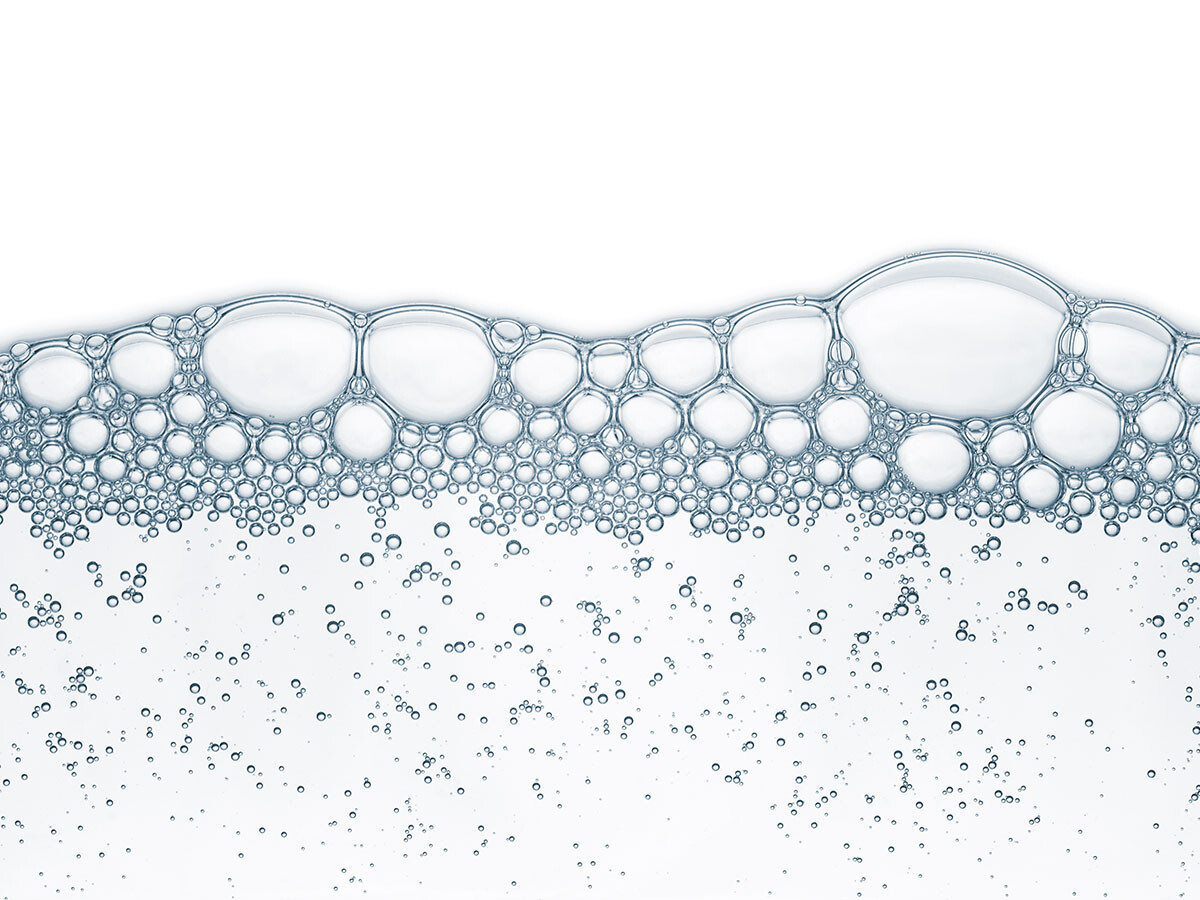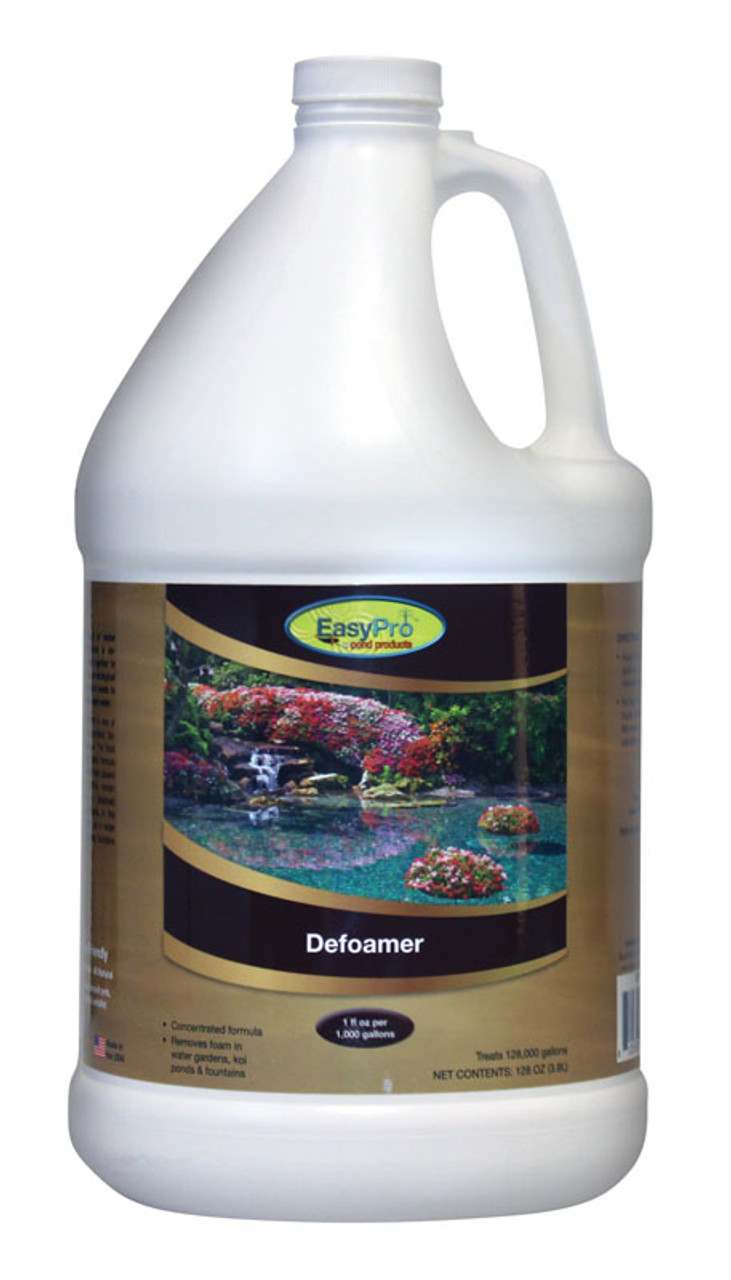The Future of Defoamers: Innovations and Trends in Foam Control Solutions
The Future of Defoamers: Innovations and Trends in Foam Control Solutions
Blog Article
The Duty of Defoamers in Enhancing Product High Quality and Efficiency
In different producing processes, the visibility of foam can substantially hinder product high quality and functional efficiency. Defoamers work as necessary additives that reduce this problem, making sure smoother production workflows while boosting the functional and visual attributes of the last products (defoamers). Their application extends a multitude of sectors, from food and drink to pharmaceuticals, where consistency and dependability are extremely important. The selection of the appropriate defoamer can be crucial to attaining optimum results, increasing vital concerns concerning formula compatibility and efficiency metrics that warrant more exploration.
Understanding Defoamers
Comprehending the duty of defoamers is essential for preserving item top quality throughout numerous markets. Defoamers are chemical ingredients designed to reduce and prevent the formation of foam in liquid systems, which can negatively impact procedures such as blending, filling, and surface area stress. Frothing can lead to ineffectiveness, product flaws, and jeopardized aesthetic charm, making defoamers a vital part in manufacturing operations.
In commercial applications, defoamers help to enhance item uniformity and security. The efficient use of defoamers not only makes sure smoother production procedures but additionally adds to premium product performance.
Moreover, the selection and formulation of a defoamer must straighten with specific application requirements, such as compatibility with various other components, effectiveness under differing temperature and pH problems, and potential regulatory restraints. Inevitably, recognizing defoamers' features and their importance in numerous solutions is critical for maximizing manufacturing and guaranteeing the finest end items.
Sorts Of Defoamers
Defoamers can be categorized right into several kinds based on their composition and system of activity. The main types include silicone-based, non-silicone organic, and not natural defoamers.
Silicone-based defoamers are amongst one of the most reliable, mainly due to their capability to spread out quickly on the fluid surface area and interfere with foam development. Their unique chemical structure allows for exceptional stability, making them appropriate for high-temperature applications and environments with varying pH levels.
Non-silicone organic defoamers, commonly composed of fatty acids or all-natural oils, are valued for their biodegradability and reduced poisoning. These are commonly made use of in food and beverage applications where safety and ecological effect are extremely important.
Not natural defoamers, that include materials like talc or calcium carbonate, act by raising the thickness of the fluid, thus decreasing foam stability. They are often made use of in industrial processes where compatibility with various other materials is not a worry.
Each kind of defoamer has distinct benefits and limitations, enabling tailored solutions depending on the certain lathering problems run into in numerous applications. Comprehending these differences is vital for maximizing performance and accomplishing desired item high quality.
Applications Throughout Industries
Many sectors leverage defoamers to improve product high quality and functional effectiveness. In the food and drink market, defoamers are crucial in processes such as brewing and milk production to stop foam development, which can result in ineffectiveness and item incongruity. By managing foam, manufacturers can make sure better yield and a much more uniform product.
In the pharmaceutical industry, defoamers play a vital duty in the formulation of fluid medicines, where excessive foam can Visit Your URL impede mixing and precise application. Their use aids preserve the stability of the formulas and facilitates smoother production processes.
The paint and coverings sector likewise depends on defoamers to improve the performance of products throughout application. By lessening foam, these additives make certain a smoother finish and boost the aesthetic top qualities of the last item.

Advantages of Utilizing Defoamers
While the application of defoamers varies across industries, their benefits regularly enhance product quality and procedure effectiveness. One significant advantage is the reduction of foam development during making processes, which can otherwise lead to production hold-ups and inconsistencies in item quality. By minimizing foam, defoamers make it possible for a smoother circulation of products, promoting much more efficient procedures and reducing the possibility of tools malfunctions.
Additionally, making use of defoamers can enhance the look and structure of last products. In sectors such as finishes, paints, and food processing, excessive foam can jeopardize the visual aesthetic appeals and total top quality, while the ideal defoamer application guarantees an uniform coating and preferable qualities. Furthermore, defoamers can add to cost financial savings by lowering waste throughout production and optimizing the use of resources (defoamers).

Picking the Right Defoamer
Picking the appropriate defoamer is critical for optimizing manufacturing procedures and ensuring item quality. The choice of defoamer influences not just the efficiency of foam control yet additionally the overall efficiency features of the last item. Elements to consider include the kind of application, the chemistry of the formula, and the ecological conditions under which the item will be made use of.
Various industries may require particular defoamer kinds, such as silicone-based, natural, or polymeric defoamers. Recognizing the compatibility of the defoamer with the key components is vital to avoid adverse reactions that can endanger product honesty. In addition, the defoamer's performance in various temperatures and why not try this out pH levels have to be reviewed to make sure consistent performance.
Checking the defoamer in small-scale applications can give valuable insights into its efficiency and click this site suitability. Factor to consider of regulatory conformity, specifically in food, pharmaceuticals, and cosmetics, is extremely important in choosing a defoamer. Inevitably, a thorough evaluation of these aspects will cause the choice of a defoamer that not just controls foam properly yet likewise enhances the quality and performance of the end product.
Conclusion

Finally, defoamers are important additives that dramatically boost item high quality and efficiency throughout numerous markets. By successfully minimizing foam formation, these agents not just improve functional performance however likewise add to the aesthetic and functional stability of products. The tactical selection and application of defoamers bring about cost savings, optimized source usage, and increased customer satisfaction. On the whole, the value of defoamers in industrial procedures can not be overemphasized, as they play a vital function in attaining high-grade and regular outcomes.
Foaming can lead to inefficiencies, product problems, and compromised visual appeal, making defoamers a critical part in manufacturing operations.

Report this page